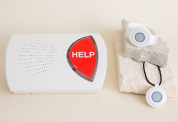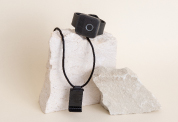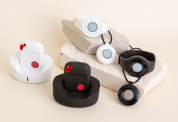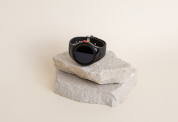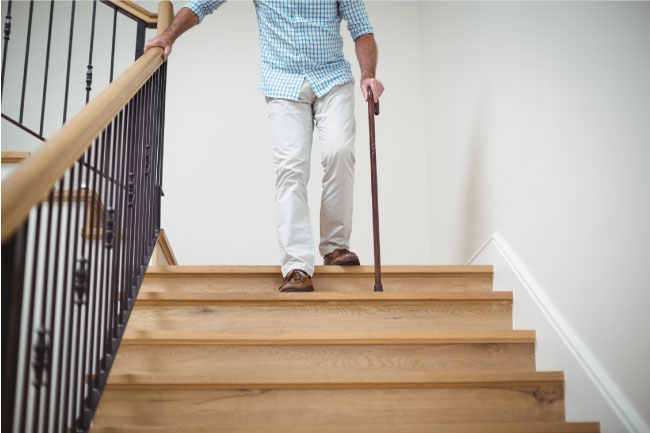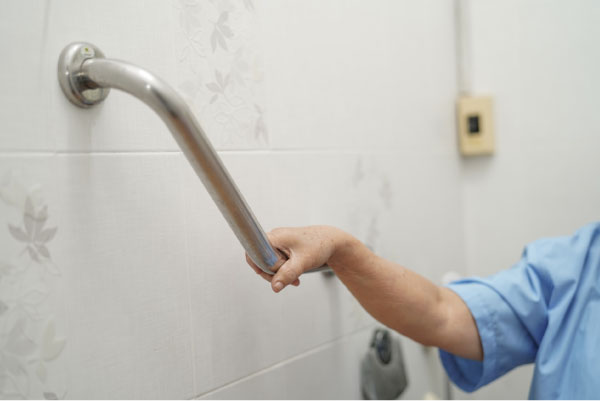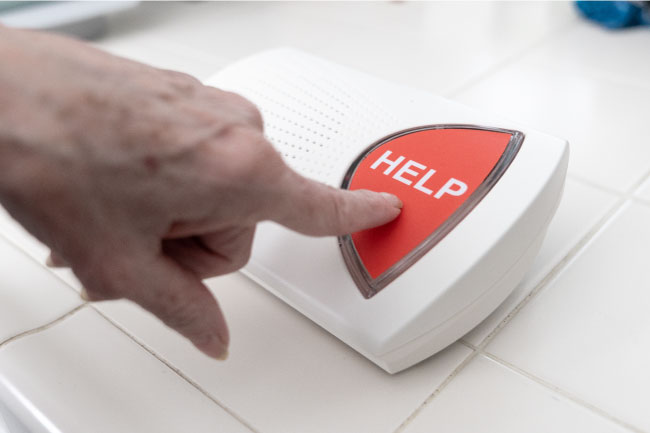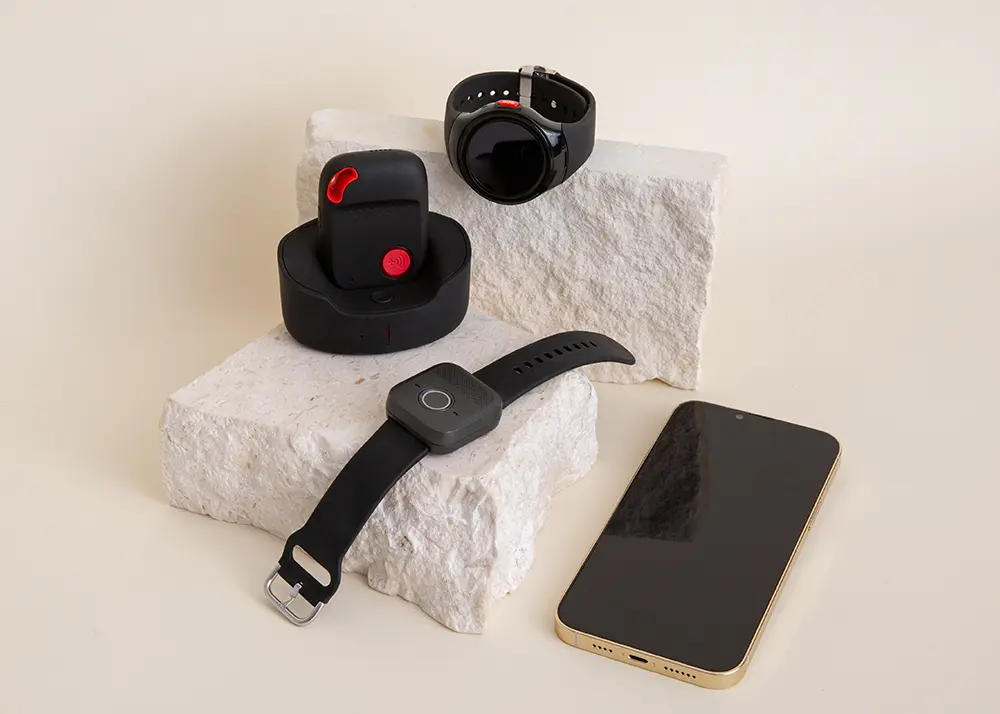Holidays Visits with Aging Parents: Look for Health and Safety Warning Signs
December 10, 2022
This year, many families will be celebrating together, in person, for the first time in more than a year. In 2020, the Cleveland Clinic warned that pandemic isolation could be especially hard on older adults. Social isolation can cause/worsen depression and accelerate cognitive decline. Pandemic restrictions have made daily activities like food shopping and doctor’s appointments difficult, if not impossible, and curtailed access to in-home services like cleaning, home health, and meal drop-offs.
Eldercare experts urge visiting family members to pay close attention to warning signs that may indicate their parents’ health and/or safety may be at risk.
Balance and Mobility Issues
One in four seniors over age 65 will fall each year, and falls cause 95% of hip fractures. Fall-related fractures (especially hip fractures) often force seniors into assisted living and skilled nursing facilities.
- Can your parent easily sit down on furniture and get up without assistance?
- Can they walk easily, without stumbling or reaching for assistance?
- Can they enter and exit the house independently?
- Do they need help with personal care – baths, toilet, etc.?
Inadequate Nutrition
The Mayo Clinic reports that appetite normally declines with age. Changes in taste and smell can make food less appetizing. Other factors that contribute to senior malnutrition include medication side effects, dental problems, limited income, difficulty preparing or purchasing nutritious food, and cognitive decline.
Common signs of inadequate nutrition in seniors include:
- Lack of appetite or interest in a balanced diet (only eats canned food, for example)
- Weight loss
- Always tired or cold
- Takes a long time to recover from colds and minor illnesses
Unsafe Home Environment
A 2020 study published by the US Census Bureau found that fewer than 10% of homes qualify as “aging-ready,” with features like step-free entryways, a full bathroom on the main living floor, bathroom safety equipment, stairway handrails, and wheelchair accessibility.
Our 2019 article outlines 7 ways to make a home safer for aging-in-place. Use it as a guide when you’re in your loved one’s home and note any problem areas. Fortunately, many of the most important safety features are relatively inexpensive. Bathroom and hallway grab bars, raised toilet seats, shower chairs, and other assistive devices often cost between $25 and $100 and are easy to install.
Fire safety is also important. Adults age 65 and over are 2.5 times more likely to die in a house fire than other Americans. Make sure your parents have working fire safety equipment:
- Check for working smoke detectors and carbon monoxide detectors on all floors.
- Make sure there are fire extinguishers in the kitchen and garage. They should be in all rooms if anyone in the home is a smoker.
If your parents have hearing impairments, consider installing smoke and CO2 alarms that emit high-intensity flashing lights in addition to the audio alarm.
Erratic Moods and Behaviors
Mental glitches and forgetfulness happen to everyone, but they get more frequent as we age. Forgetting a grandchild’s name or losing the house keys doesn’t automatically signal dementia, but frequent forgetfulness and unexplained mood swings could be symptoms or cognitive decline or depression.
The AARP has a list of behaviors to watch for:
- Confusion: Difficulty completing everyday tasks like balancing a checkbook, paying bills, or following a recipe.
- Repetition: Telling the same story or asking the same question multiple times within a short time period.
- Communication: Trouble carrying on a conversation or completing sentences. Note: encourage your parent to get a hearing test. Untreated hearing loss can increase the risk the risk of falls and dementia.
- Direction: Getting lost traveling to familiar locations.
- Personality: Sudden personality changes like anxiety, confusion, aggressiveness, paranoia, or poor grooming.
- Uncertainty: Having problems remembering the day of the week, current year, or location.
Home Medical Life Alert Systems Offer Safety and Peace of Mind
A home medical alert system is with your parent when you can’t be and can call for help if they can’t.
Bay Alarm Medical offers medical alert systems for every budget and lifestyle. Our in-home medical alert options include automatic fall detection and 4G cellular connection. Our Mobile GPS Help button and SOS smartwatch options both offer GPS tracking. They’re perfect for seniors with active lifestyles. Bay Alarm’s Caregiver Tracking app (available with the Mobile GPS Help button system) allows you to track the wearer in real time and set up geofencing alerts. You can easily pinpoint your parent’s location and save precious minutes in an emergency.
All Bay Alarm Medical systems come with a free, no obligation 30-day trial period. Call us at 1-877-522-9633 and let us help you find the best medical alert system for your family’s needs.
